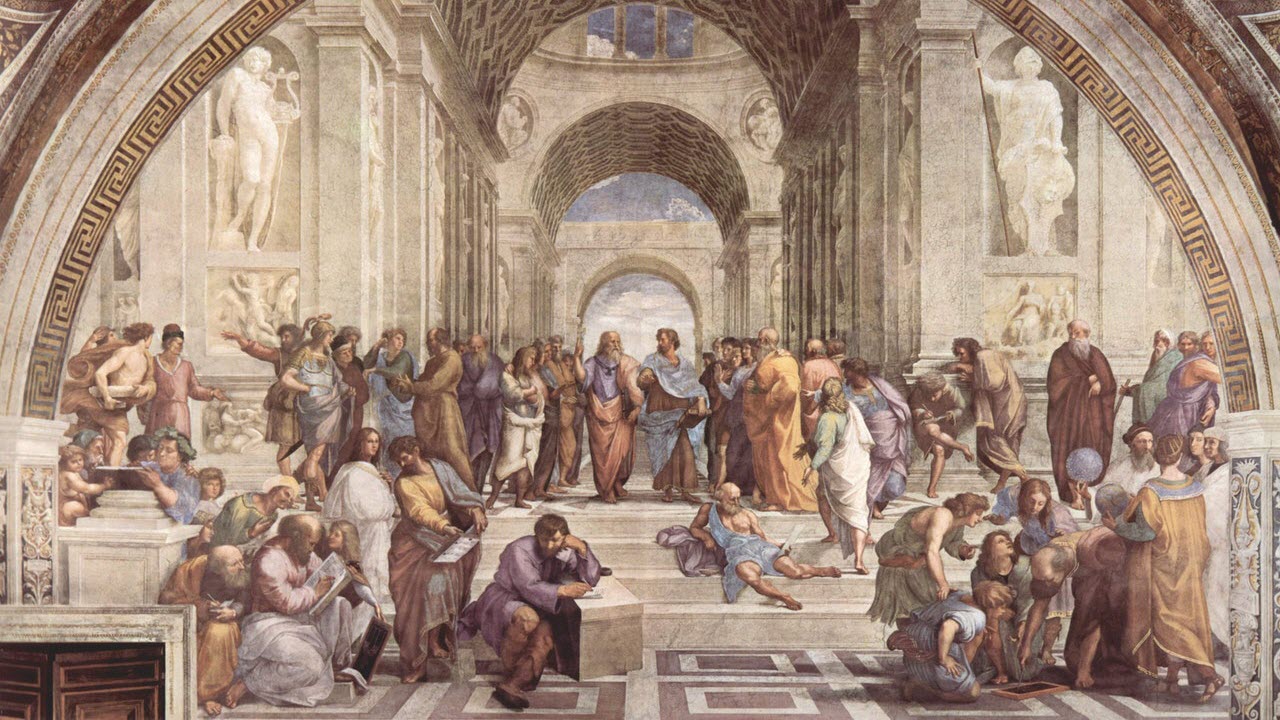
Started by Janie Baskin on 2012-10-04 at 08:24
Last night I re-visited the play, Sweet Bird of Youth, by Tennessee Williams. I believe Chance is the main character, but wonder if a theme can be a character as well as a theme. The idea of fading youth and all it's trappings plays as a real character in the persona of Princes and Chance. A theme is a theme, however, maybe, a theme can be personified to become a character as well. I would like to hear the views of others.
Roger replied...
This is an excellent question, in part because it touches on one of the key principles of thematic imprinting, which is that themes do not exist by themselves. They manifest only in the approaches, decisions, and actions of characters—in particular, the main character. But the connection between the main character and theme is so fundamental (see Part Two of Discovering the Soul of Your Story), that a theme can feel as if it is an entity on its own when it is not. It is merely a property expressed in the form of the attitudes and actions of the main character.
By way of analogy, theme in a story can be likened to flavor in food or drink. Flavor is not a thing on its own; it must be conveyed by means of something being eaten, sipped, or drunk. Sweetness, for example, does not exist by itself; it is simply a quality that one might find in a cupcake, spoonful of ice cream, or piece of candy. And each of those items will express sweetness in its own particular way.
In the same way, theme is conveyed in a story only by virtue of the journey of its main character and cannot exist without her. In fact, as Chapter 2 of Discovering the Soul of Your Story reveals, one of the four primary jobs of the main character in any story is to serve as "bearer of the theme."
So no, theme cannot serve as a character in a story—just as anger is not a combatant in a bar fight. Theme is, instead, a quality expressed by the main character in her journey.


0 Comments